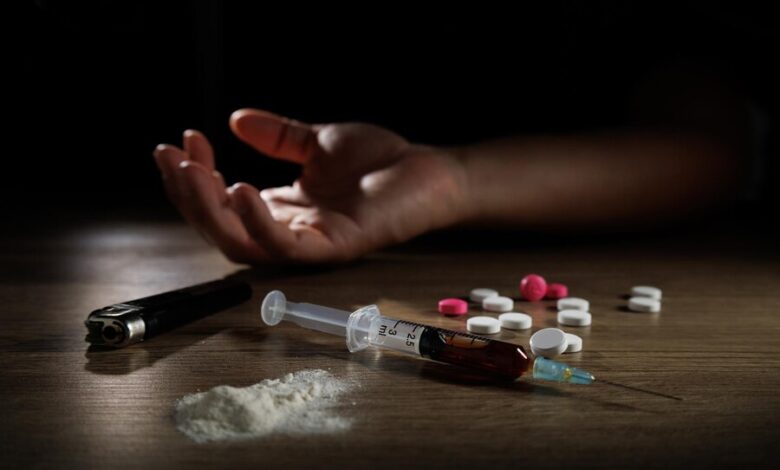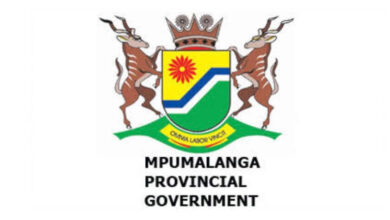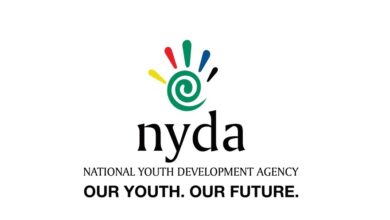20 Signs Your Loved One May Be Using Drugs

Drug abuse is a significant concern in South Africa, affecting individuals, families, and communities. Recognizing the signs of drug use in a loved one can be crucial for early intervention and support. This article aims to provide a comprehensive guide to help you identify potential drug use and offer support.
1. Changes in Behavior
- Sudden and unexplained changes in behavior, such as increased aggression, irritability, or mood swings, can be a red flag. For instance, if Thando, who was once calm and composed, starts exhibiting uncharacteristic anger, it might be worth investigating.
2. Neglecting Responsibilities
- If someone like Lerato begins neglecting school, work, or family obligations, it could be a sign of drug use. Missing deadlines, failing exams, or being frequently absent are key indicators.
3. Physical Appearance
- Noticeable changes in physical appearance, such as weight loss, poor hygiene, or unexplained bruises, might suggest drug use. If Kabelo, usually well-groomed, starts looking disheveled, this could be a cause for concern.
4. Isolation
- Drug users often withdraw from family and friends. If Sipho starts spending more time alone or with a new, secretive group of friends, it may indicate drug involvement.
5. Financial Issues
- Unexplained financial problems or frequently asking for money can be a sign. If Zinhle, who usually manages her finances well, suddenly has financial difficulties, it might be due to funding a drug habit.
6. Changes in Social Circle
- Associating with new friends who are known to use drugs or have a negative influence. If Nomsa starts hanging out with a group known for their drug use, it’s worth paying attention.
7. Secretive Behavior
- Increased secrecy about activities and whereabouts. If Jabu starts lying about where he’s been or what he’s doing, it could be a sign of drug use.
8. Physical Health Issues
- Frequent illnesses, such as colds, coughs, or unexplained injuries, can indicate drug use. If Palesa, who is usually healthy, starts getting sick often, drugs might be involved.
9. Paraphernalia
- Finding drug paraphernalia like pipes, needles, rolling papers, or burnt foil. If you discover these items in Tumelo’s belongings, it’s a strong indicator of drug use.
10. Unusual Smells
- Strange smells on clothing, breath, or in rooms. If Kwezi’s clothes often smell like chemicals or smoke, it could be related to drug use.
11. Changes in Appetite
- Significant changes in eating habits, either increased appetite or loss of appetite. If Ntombi, who used to have a regular eating pattern, starts eating erratically, drugs might be the cause.
12. Lack of Motivation
- A decrease in motivation or interest in activities they once enjoyed. If Lebo loses interest in sports or hobbies he was passionate about, it could be due to drug use.
13. Memory Problems
- Difficulty concentrating or remembering things. If Ayanda starts forgetting important dates or tasks, it might be linked to drug use.
14. Mood Swings
- Extreme mood swings, from euphoria to depression. If Busi is excessively happy one moment and then deeply sad the next, it could be a sign of drug use.
15. Sleep Issues
- Irregular sleep patterns, such as insomnia or excessive sleeping. If Sibusiso’s sleep habits change drastically, it might indicate drug use.
16. Risky Behavior
- Engaging in risky activities like driving under the influence, unprotected sex, or criminal behavior. If Andile starts taking unnecessary risks, it could be due to drug use.
17. Changes in Academic or Work Performance
- Decline in school or work performance. If Zandile’s grades drop or she starts receiving warnings at work, it might be related to drug use.
18. Emotional Instability
- Increased emotional instability or depression. If Nhlanhla becomes more emotional or depressed without a clear reason, it might be due to drugs.
19. Altered Speech
- Slurred, incoherent, or rapid speech. If Khanyisile starts talking in a way that seems unusual or erratic, it might indicate drug use.
20. Frequent Accidents
- Having frequent accidents or injuries. If Tshepo starts having unexplained injuries, it might be due to impaired judgment from drug use.
Supporting Your Loved One
If you notice several of these signs in a loved one, it’s important to approach the situation with care and concern. Here are some steps you can take:
- Open a Dialogue
- Approach them with empathy and avoid accusations. Use “I” statements, such as “I’m worried about you because I’ve noticed…”
- Seek Professional Help
- Encourage them to seek help from a healthcare professional, counselor, or support group.
- Educate Yourself
- Learn about the specific drugs they might be using and their effects.
- Offer Support
- Let them know you are there for them and offer your support without enabling their drug use.
- Set Boundaries
- Establish clear boundaries to protect yourself and others from the negative impacts of their drug use.
- Involve Other Trusted Individuals
- Involve family members, friends, or community leaders who can offer additional support.
- Stay Informed
- Keep yourself informed about the latest trends and resources available for drug abuse prevention and treatment.
Recognizing the signs of drug use in a loved one can be challenging, but early detection and intervention are crucial for their well-being. By staying vigilant and supportive, you can help them find the path to recovery and a healthier life.
For more information and assistance in fighting substance abuse, call the SADAG 24 hour Substance Abuse Helpline on 0800 12 13 14. You can also call the South African National Council on Alcoholism and Drug Dependence (SANCA) on 011 892 3829.




